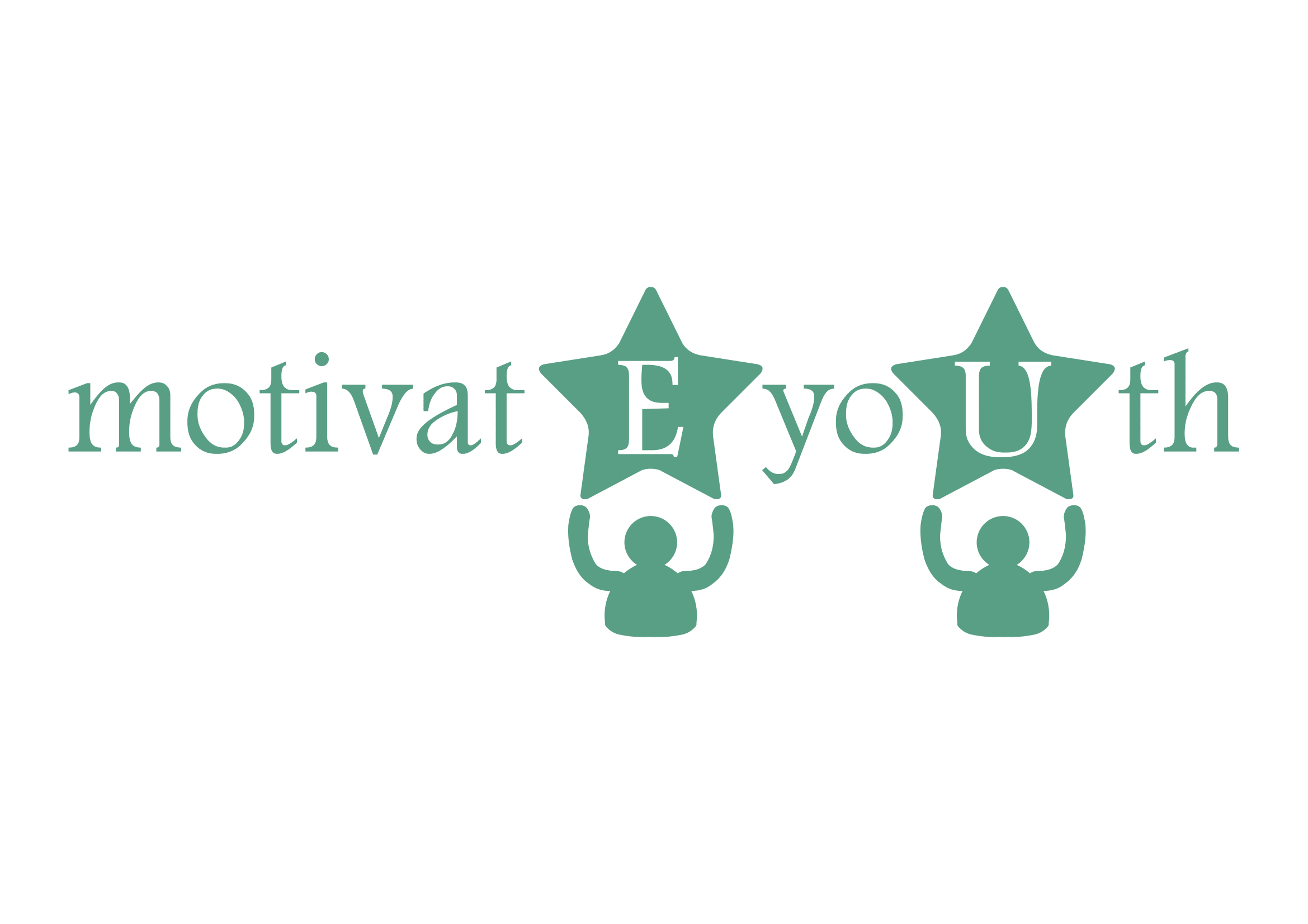The ICT Tool for Competence Assessment is one of the main MotivateYouth project deliverable. The aim of the this tool is to ensure diagnosis of the competencies of current Early Leavers from Education and Training (18-24), identification of the needs of this specific target group that need to be addressed in order to enable them to continue on viable progression pathways.
The preliminary version of the tool has been designed to diagnose and measure the following set of the competences:
- Cooperation – the ability to work in cooperation with others, in collaborative environments, and towards a common goal (teamwork). Working together to reach a goal – putting talent, expertise and smarts to work (ability to work effectively and respectfully with diverse teams).
- Communication – the ability to communicate both orally and in writing in a variety of situations and to monitor and adapt their own communication to the requirements of the situation. The ability to communicate and connect effectively with others, in an appropriated and creative way.
- Problem solving – ability to identify key components of the problem, to collect and analyse data in order to find a solution or solutions. The skill of solving problems constructively, analysing difficulties and selecting appropriate remedial actions in difficult situations.
- Critical thinking – the ability to identification of patterns or connections between situations that are not obviously related. Looking at problems in a new way, effectively analyse and evaluate evidence, arguments, claims, and beliefs; solve different kinds of non-familiar problems in both conventional and innovative ways.
- Adaptability – the ability to adapt and work effectively in various and changing situations and activities. The ability to anticipate and respond to changing circumstances, individuals or groups.
- Lifelong learning – the skill to acquire new qualifications constantly,
self-development, the use of one’s own experience, skills to draw conclusions from mistakes. The desire to apply prior learning and life experiences and the curiosity to look for opportunities to learn and develop in a variety of life contexts. The ability to effectively manage one’s own learning, either individually or in groups (learning to learn). - Social entrepreneurship – the capacity to act upon opportunities and to transform them into values developing creative and purposeful ideas. The ability to turn ideas into action through creativity, innovation and risk taking as well as ability to plan and manage projects (sense of initiative and entrepreneurship).
- Citizenship – the ability to act as responsible citizens and to fully participate in civic and social life and engage in active and democratic participation (social and civic competences).
- Cultural awareness – the ability of understanding of and respect for how ideas and meanings are creatively expressed and communicated in different cultures and through the arts and cultural forms.
- Technology literacy – confident, critical and responsible use of, and engagement with, digital technologies for learning, at work, for leisure and communication and for participation in society (digital skills).
These competences better answer to social and economic challenges of the 21st century to sustain good standards of living, face job requirements and foster social cohesion.
Test your competences https://eyouth-tool.oic.lublin.pl/ !

